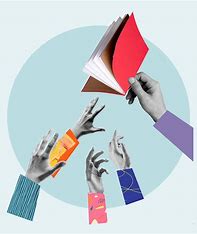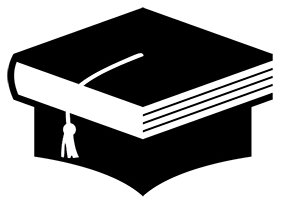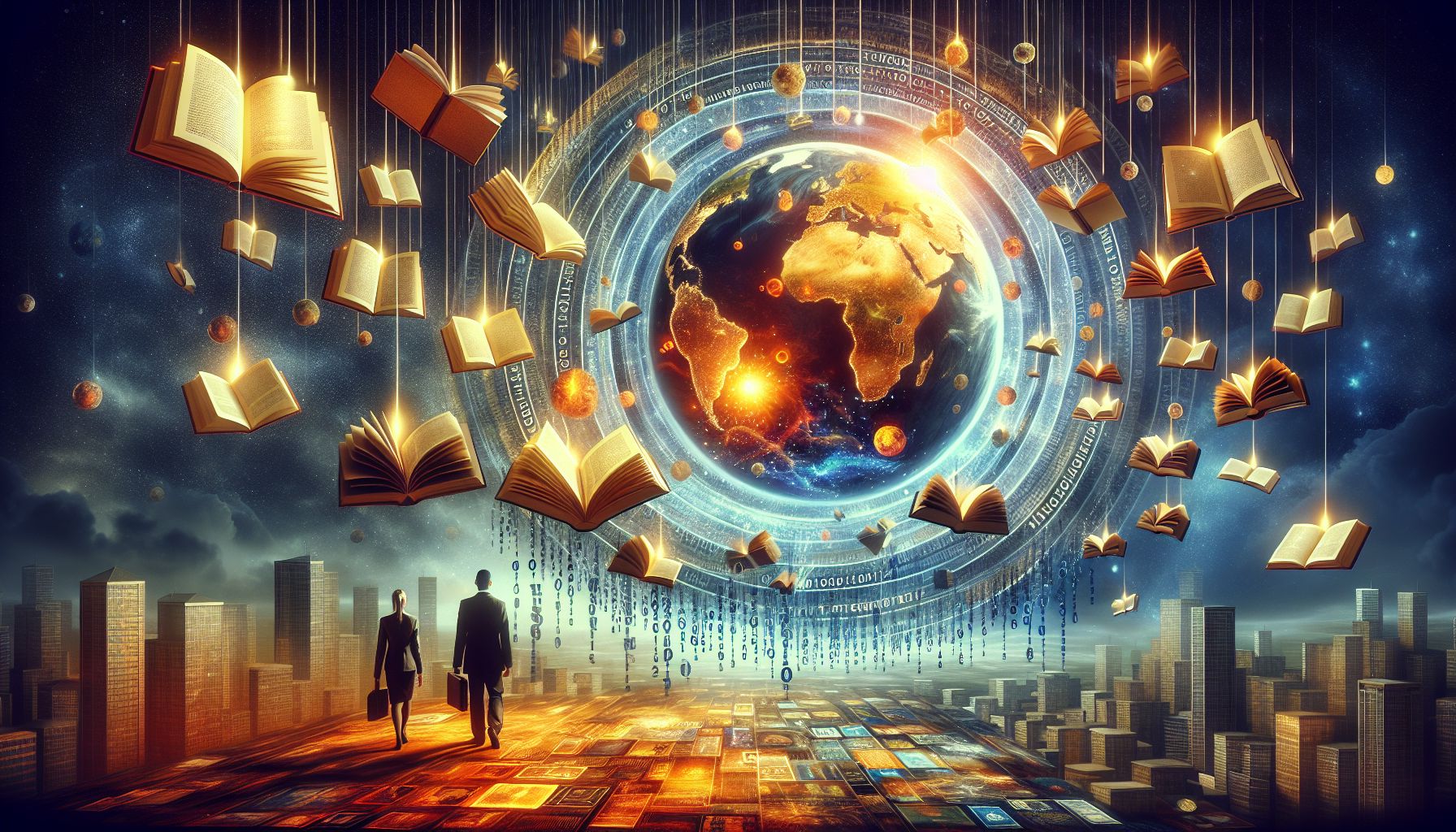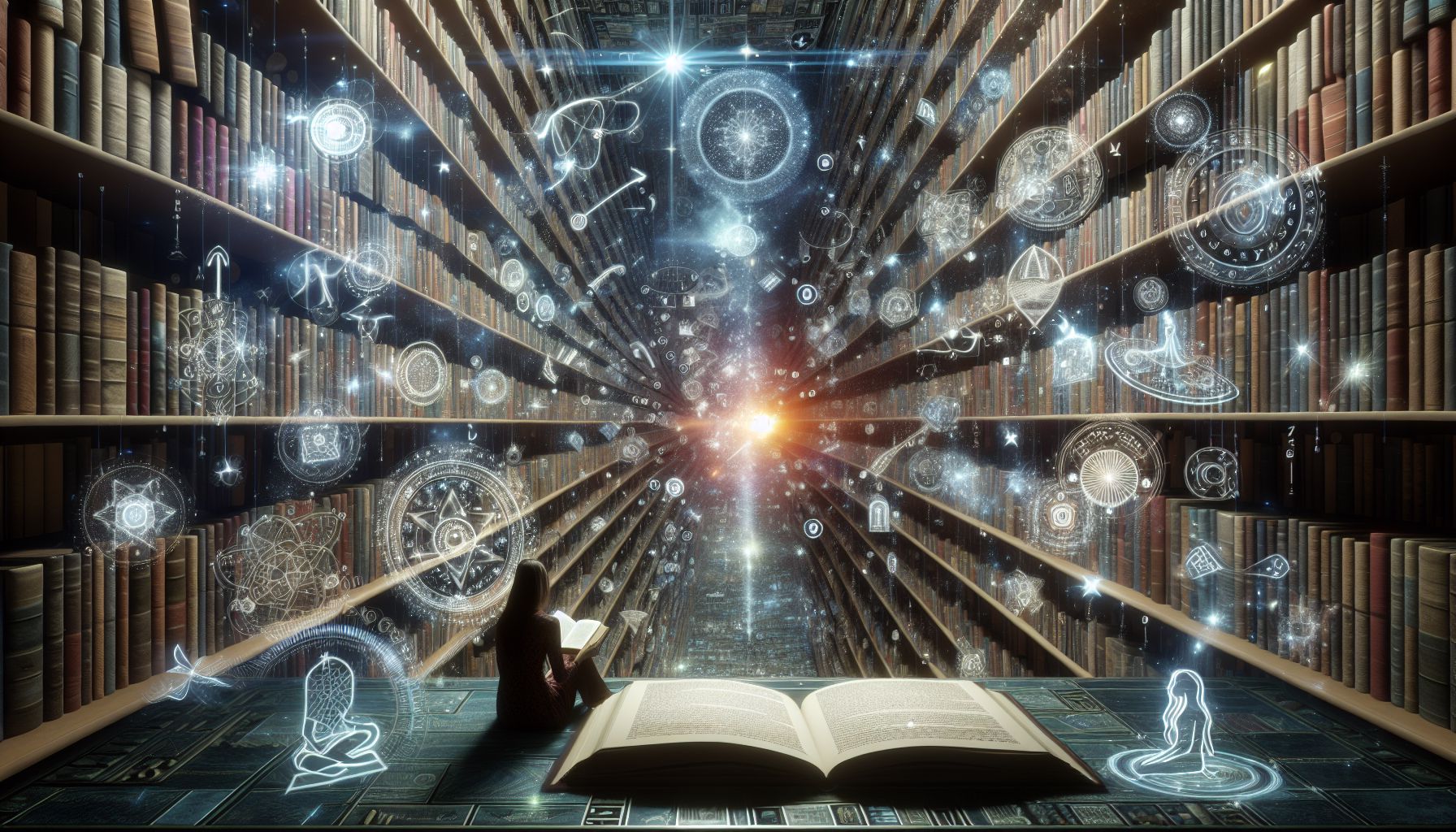The transformative power of books knows no bounds. In a world where technology increasingly dominates our lives, the written word persists as an age-old guide, shaping the minds and hearts of curious learners. Education, as we know it, has evolved – and with it, the potential for books to revolutionize the way we learn. As we embark on a literary journey, let us delve into the captivating realms of education and the enriching tapestry of insights and discussions found within various book genres.
The Ever-Evolving Landscape of Education
Education has undergone a seismic shift in recent years. No longer confined to traditional classroom settings, learning has expanded beyond the four walls, thanks to advancements in technology. E-learning platforms, digital libraries, and open educational resources have provided students and educators with an ever-growing repository of knowledge, accessible with just a few clicks.
Yet, amidst this digital transformation, books hold steadfast as an essential pillar of education. The act of engaging with printed words allows learners to partake in a unique, immersive experience. Books have the power to transport readers to different times, cultures, and perspectives, broadening their understanding of the world.
 Exploring the Depths and Diversity of Book Genres
Exploring the Depths and Diversity of Book Genres
Within the rich tapestry of book genres, lies a treasure trove of knowledge waiting to be discovered. Fiction genres, such as science fiction, fantasy, and historical fiction, ignite imagination and inspire creativity. By immersing oneself in these narratives, students can develop empathy, critical thinking skills, and a sense of cultural appreciation.
Non-fiction genres, ranging from biographies to self-help books, offer a gateway to understanding real-world experiences and acquiring practical knowledge. Through these works, readers can explore the lives of influential figures, gain insights into diverse fields of study, and develop personal growth strategies.
Books also have the power to transcend boundaries and promote social change. By exploring genres like social justice, LGBTQ+, or indigenous literature, students can gain a deeper understanding of marginalized communities and become advocates for equality.
The Impact of Books on Society
Books not only shape individuals but also mold societies. By fostering intellectual growth and vibrant discussions, books provide a catalyst for societal transformation. Reading broadens perspectives, promotes critical thinking, and encourages individuals to question the status quo.
Furthermore, the role of books in education extends beyond academic development. They cultivate empathy by introducing readers to characters and situations they may never encounter in their own lives. Books inspire and motivate, encouraging readers to overcome obstacles and pursue their dreams. They also serve as a refuge, offering solace and encouragement during challenging times.
As technology continues to reshape education, it is crucial to cherish and preserve the power of books. By incorporating a diverse range of literature into curricula, educators can cater to the unique needs, interests, and backgrounds of their students. By fostering a love for reading, schools can empower learners to become lifelong seekers of knowledge and advocates for societal change.
In the rapidly evolving landscape of education, books remain a steadfast companion, providing refuge, fostering empathy, and inspiring intellectual growth. The power of written words transcends time, connecting individuals across borders and generations. As we navigate the uncharted territories of modern education, let us embrace the transformative potential of books, enriching lives and societies one page at a time.




